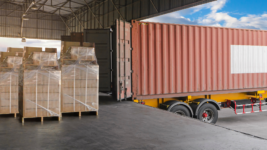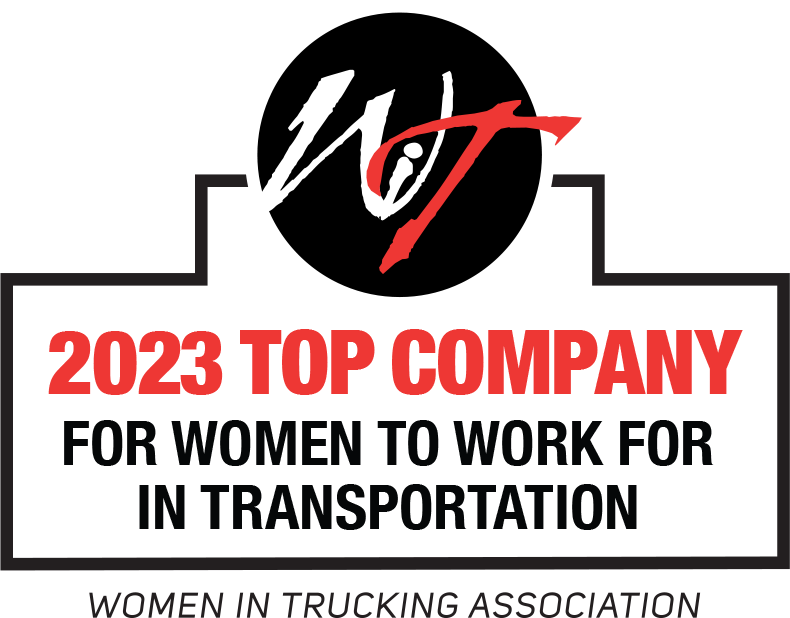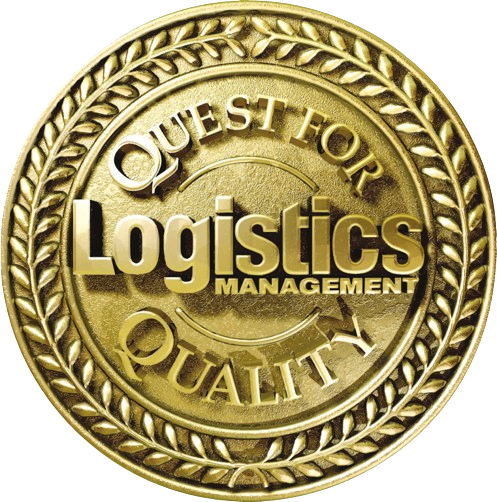We all know that capacity has been an issue since the ELD Mandate went into effect last December, but we’ve just hit another deadline in the rollout that could mean the trend will continue unless the market adapts.
Before April 1, non-compliant drivers could be issued citations, but couldn’t be put out of service. That is no longer the case. From this point on, all non-compliant drivers will be given an out-of-service order and can’t be dispatched again until an ELD is installed, in addition drivers’ CSA scores will be impacted. This means shippers could see the capacity issues get worse as the driver pool shrinks, particularly for small-fleet shippers.
We’ve already seen spot rates go up 28 percent year to date compared to 2017, and longer-term contracts are projected to rise as much as 12 percent this year – the highest year-over-year increase in more than a decade. While intermodal lanes are still a viable option to save on shipping costs and have historically been less affected by capacity issues, we’re seeing disruptions spread there too, especially in drayage.
But there are encouraging statistics out there that show the freight market is adapting and stabilizing after a volatile winter season. Spot rates are settling back to where they were before the madness of the winter shipping season, a typically slow period for spot market gains. Most experts are saying to expect this as the new normal and not to count on rates dropping back to pre-ELD mandate levels. Early March saw elevated outbound tender rejections but that figure has dropped and is trending towards stabilization, indicating carriers are willing to dedicate more trucks to meeting the demand.
There have been a lot of doom and gloom headlines, indicating that a shipping-pocalypse was looming, but the reality is ELD compliance is high across the board and shipments are still moving. Fall and winter were particularly volatile due to natural disasters disrupting major hubs like Houston, wintery weather hindering large parts of the country as well as the ELD mandate coming into effect in December.
The best way to combat capacity issues and ensure your shipments are going where they need to go as efficiently as possible is to partner with a 3PL. AFS has a team of truckload and intermodal experts with established carrier relationships and the knowledge to minimize delays and navigate an increasingly complicated shipping process. Our team closely monitors industry trends and market issues to ensure your supply chain is running as smoothly as possible, benefiting your bottom line and keeping your business moving.
Contact AFS at 877-242-3383 for more information or to get quote on a shipment.











